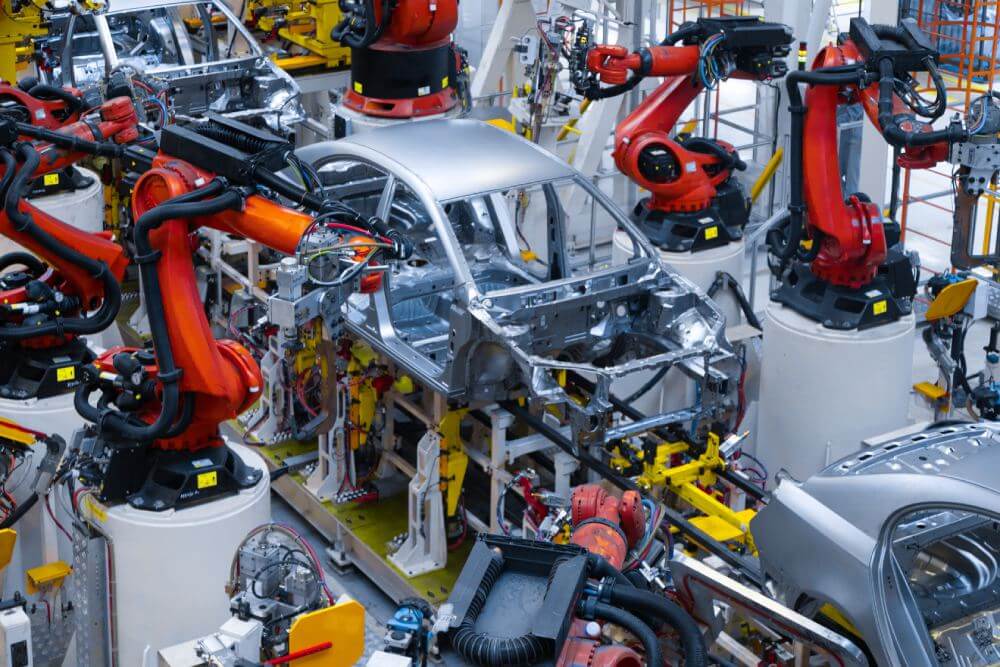Here is our breakdown of the top platforms that are built to power a modern RCM program.
H3: 1. Fabrico: Best for Data-Driven, Integrated RCM
The Verdict: Fabrico earns our top spot for modern RCM because it is the only platform built to connect a real-time operational diagnosis directly to the reliability workflow. It transforms RCM from a static, one-time project into a dynamic, living program that continuously learns from your factory floor and improves over time.
Why it Wins (The Differentiator): While other tools provide the framework to perform an RCM analysis, Fabrico provides the real-time data to fuel it. Its native OEE module automatically captures every downtime event and categorizes the failure mode in real-time. This provides the most accurate and up-to-date information possible for your FMEA, allowing you to build a reliability plan based on what is actually happening, not on old data or guesswork.
Key RCM Features:
-
Integrated FMEA and asset criticality analysis tools built into the asset module.
-
A seamless connection between identified failure modes and the preventive or predictive maintenance tasks in the CMMS.
-
Native OEE integration to provide a continuous stream of real-time failure data to your reliability engineers.
-
Powerful, one-click dashboards for tracking MTBF, MTTR, and other critical reliability KPIs.
Best Suited For: Enterprises that want to implement a true, data-driven reliability program and move beyond a static, calendar-based maintenance strategy to a proactive, continuously improving one.

2. eMaint by Fluke: Best for Condition-Based RCM
Description: eMaint is a powerful, reliability-focused CMMS. Its greatest strength lies in its deep integration with the Fluke ecosystem of condition-monitoring sensors (vibration, thermal, etc.). This makes it a top choice for companies building an RCM strategy that is heavily based on predictive, condition-based data.
3. IBM Maximo: Best for Highly Regulated, Asset-Intensive Industries
Description: As a long-standing leader in the EAM space, IBM Maximo is an incredibly powerful and highly customizable platform with extensive RCM capabilities. For large, highly regulated industries like nuclear, aviation, or oil and gas, its deep functionality for managing the entire asset lifecycle makes it a powerful, though complex, option.
4. Fiix by Rockwell Automation: Best for Integrating with Factory Automation
Description: Fiix is a robust cloud-based CMMS that has expanded to offer advanced reliability features. Its key strength comes from its connection to the Rockwell Automation ecosystem, allowing it to pull a rich stream of data from PLCs and factory control systems to inform its RCM and maintenance modules.
5. SAP S/4HANA Plant Maintenance: Best for SAP-Centric Enterprises
Description: For large enterprises that run their entire business on SAP, the S/4HANA Plant Maintenance module offers a deeply integrated RCM and asset management solution. This allows companies to connect their maintenance and reliability strategy directly to their financials, procurement, and supply chain within the single SAP universe.
Take a live tour with a product expert







